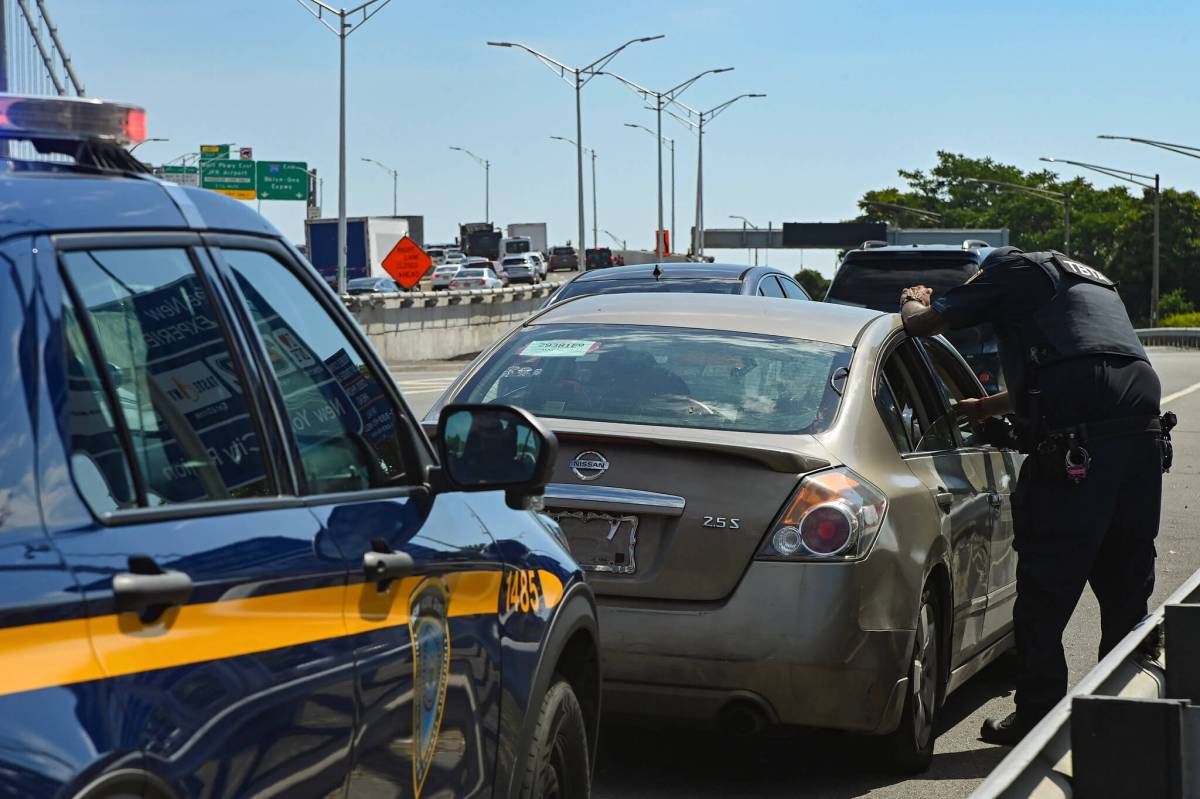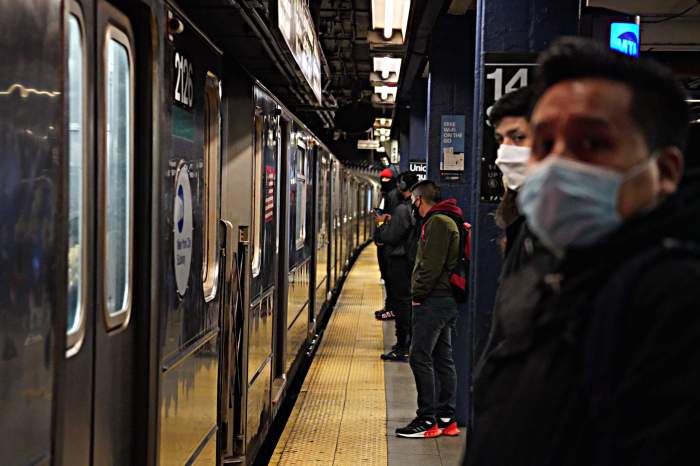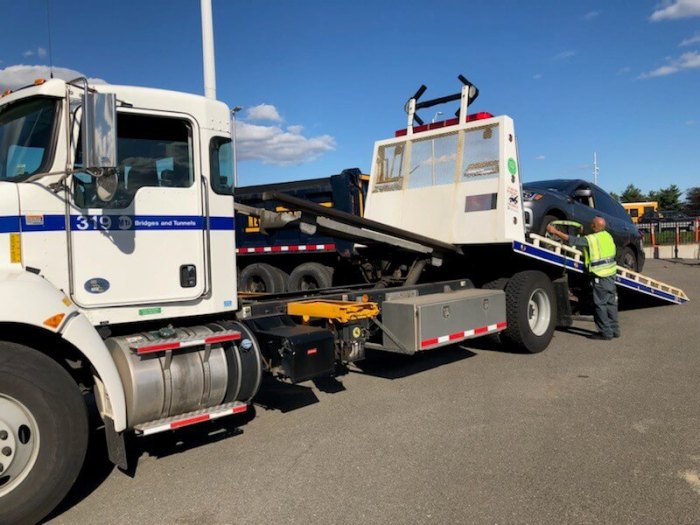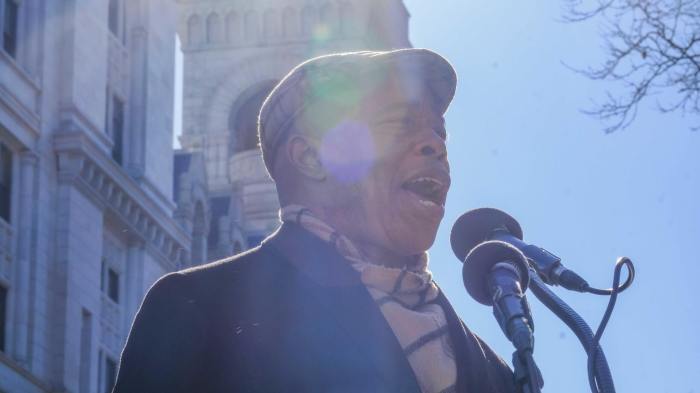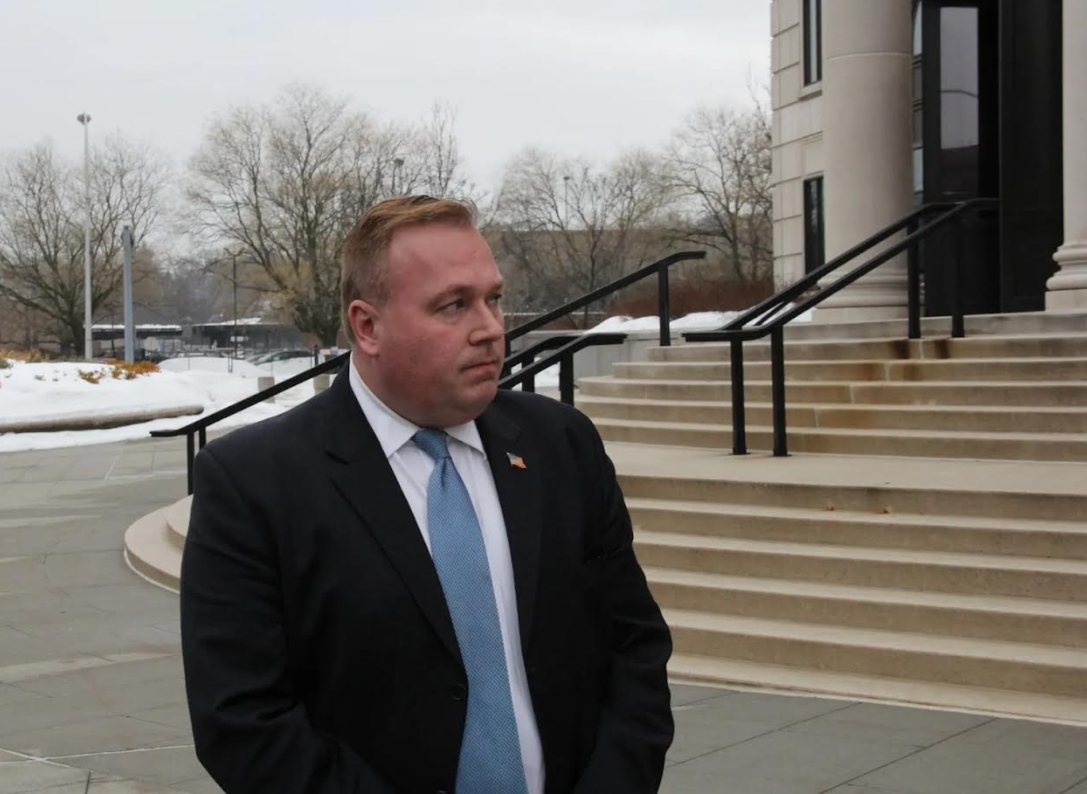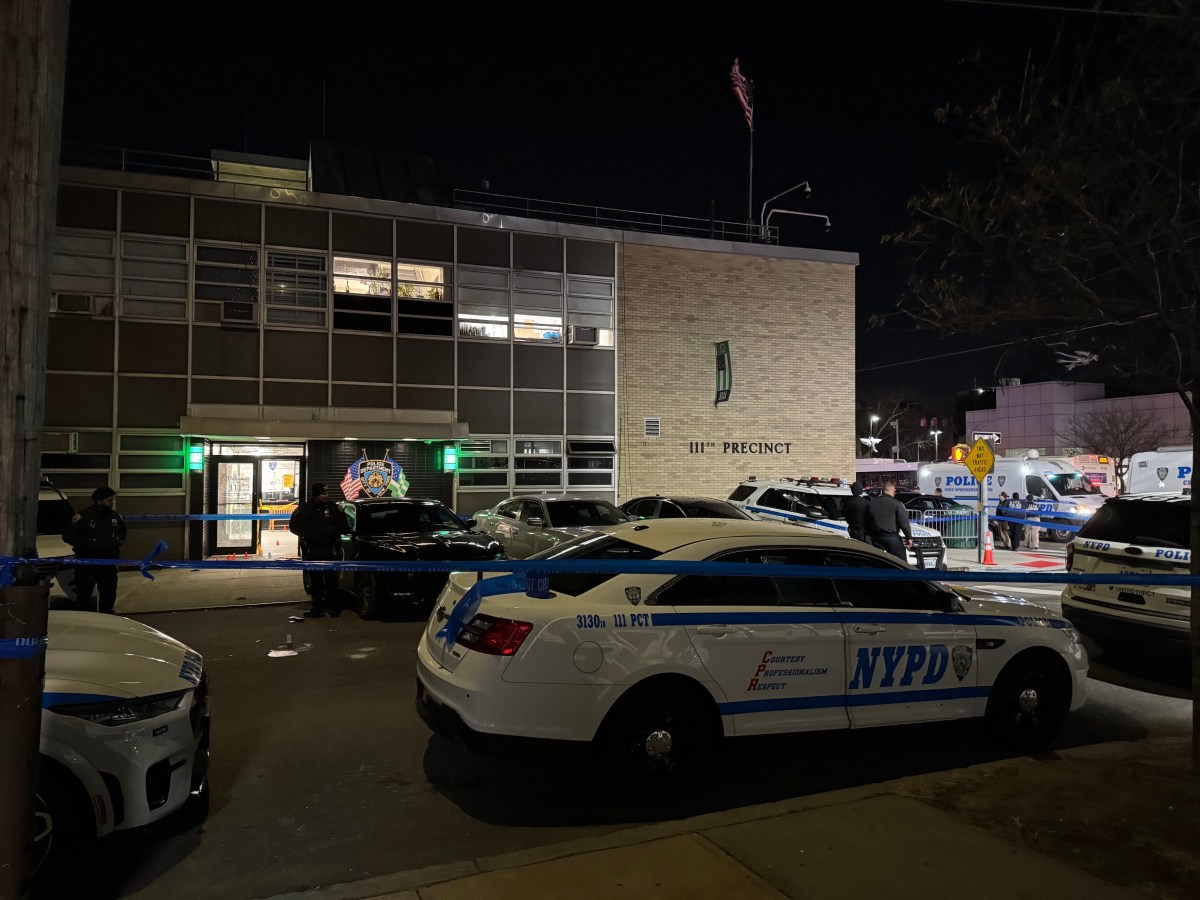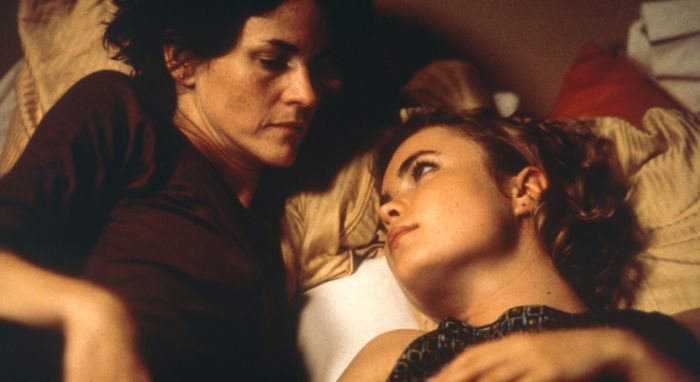The Citizens Budget Commission, a prominent budget watchdog, is urging Governor Kathy Hochul to veto a bill limiting penalties for toll dodgers, arguing it could have a deleterious impact on state finances.
Andrew Rein, the organization’s president, sent a letter to the governor Tuesday calling upon her to reject the Toll Payer Protection Act, which passed both houses of the State Legislature in June by wide margins and is awaiting the governor’s signature or veto.
Rein argues the bill would pose a threat to the state’s fiscal health amid dire financial circumstances for mass transit.
“The operational requirements and penalty limits are problematic because they will constrain the ability of the tolling authorities to collect due tolls and penalties,” Rein wrote in his letter to Hochul. “Authorities should have appropriate flexibility to ensure that tolls, which are needed and legitimately levied, are paid.”
Among other things, the bill would cap the fine for toll non-payment at $5 after 30 days, and $25 or double the unpaid toll (whichever is greater) after 60 days. While the 30-day fine would remain the same, the 60-day one would drop from its current $50 per unpaid toll.
It would also require MTA Bridges & Tunnels to implement an “amnesty” program for unpaid tolls incurred in the final eight weeks of 2016, around the time the Metropolitan Transportation Authority was first installing cashless tolling on its bridges.
The sponsors say the bill would correct unfair fines and debt-collection practices heralded by electronic, cashless tolling, which is now the dominant tolling method on bridges and tunnels in the New York metropolitan area and has been touted as a win for efficiency and the environment that also reduces congestion.
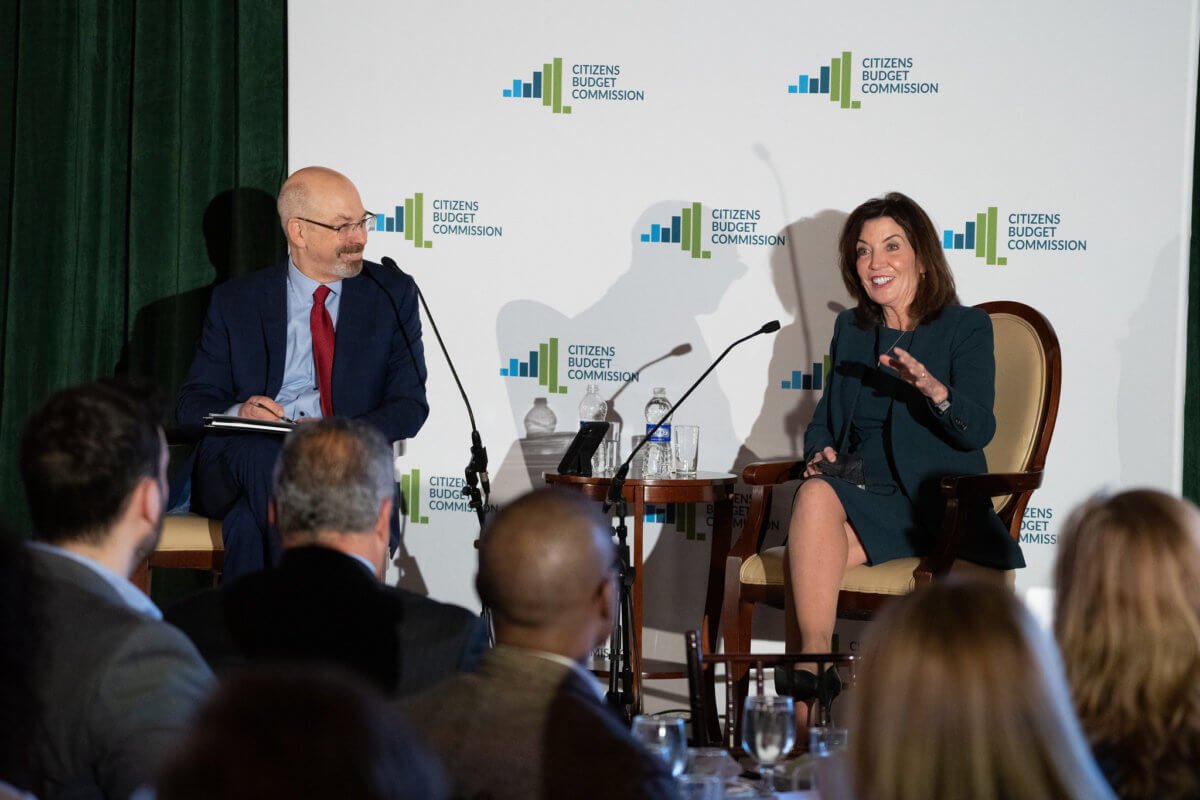
The bill’s justification statement argues that for many drivers without E-ZPass, bills sent to their home by mail take weeks to arrive and sometimes don’t show up at all, incurring significant late fees. As a result, some drivers with outstanding bills have seen their car registrations suspended and their automobiles seized, with a handful even being stopped on the road and stranded.
“Thousands of New Yorkers accumulated a considerable amount of fines and collections notices stemming from the change,” said Queens State Senator Leroy Comrie, the bill’s sponsor. “While it is essential New Yorkers pay their tolls, many of the fines toll payers received created onerous burdens on those who unwittingly failed to pay a toll – sometimes resulting in an unpayable overwhelming expense.”
“Instead of looking at their bill for months, wondering how they will balance a toll bill and the necessities of life, this legislation creates a sensible balance without imposing excessive penalties,” Comrie continued. “There are individuals in New York who owe in the ballpark of $30,000 due to the fines associated with their travel. This is simply unacceptable.”
Mail notifications for unpaid tolls would be standardized under the bill, and would include information on how to contest the fine. Motorists who don’t receive their toll-by-mail in a timely manner would not be liable for the bill, and the revocation of vehicle registrations for unpaid tolls would be prohibited.
Public authorities would be prohibited from farming out debt collection to outside agencies, and would be required to “conspicuously and prominently” display toll charges at crossings for transparency’s sake.
Rein argues that the bill would pose unacceptable fiscal ramifications for the state, depriving New York of revenue to support critical infrastructure like bridges, tunnels, and mass transit.
“Toll revenues are critical to maintaining New York’s roads and bridges, as well as other transportation and transit capital assets,” Rein said. “MTA Bridges and Tunnels relies on strong toll receipts to support operations and the capital plan for not only for bridges and tunnels, but also for the transit system.”
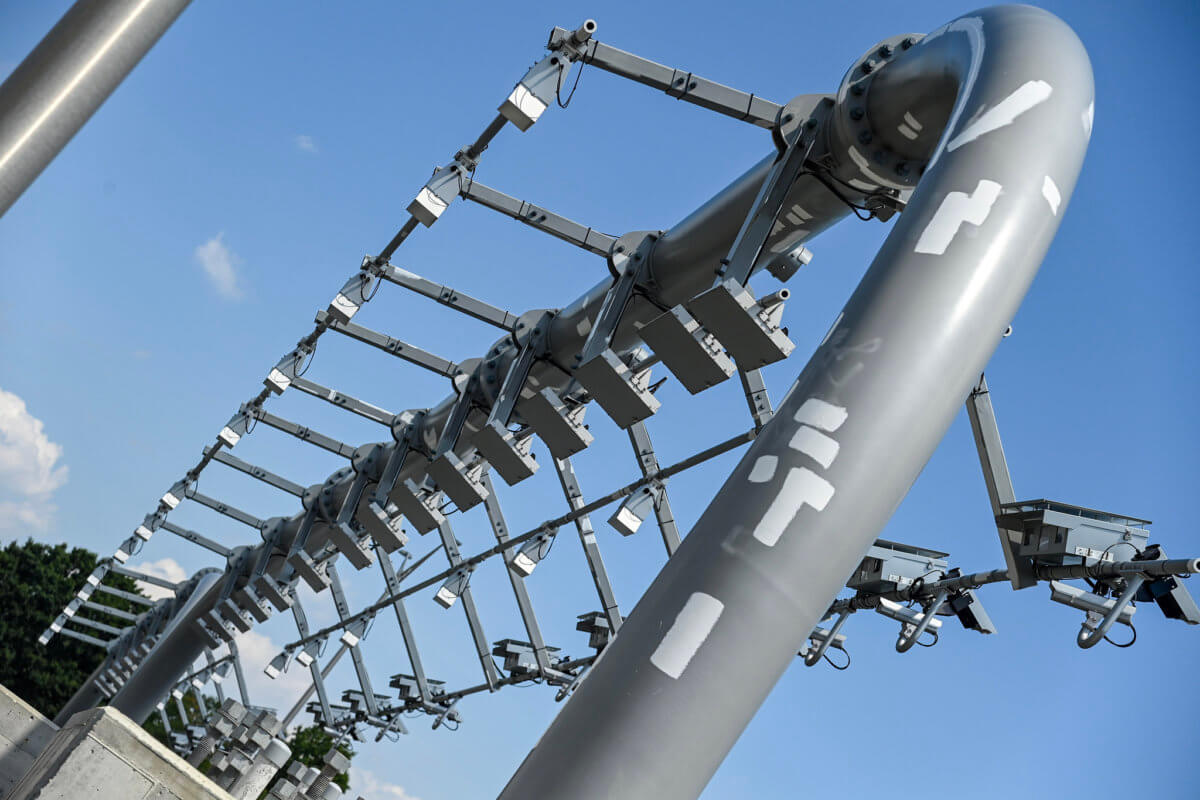
The budget proposed by the MTA last month included $2.4 billion of expected revenue from tolls, out of $19.2 billion total. A final budget is expected this month. The agency is facing down a “fiscal cliff” as transit ridership stagnates and pandemic-era federal aid runs dry; even with major cost-cutting initiatives and an anticipated fare hike, the first for transit in seven years, the MTA still expects a $600 million budget hole this year for which it is desperately seeking new dedicated revenue, a deficit only set to grow larger in the coming years.
The budget proposal was based on current toll and fine levels; cutting the fine in half could in theory deprive the transit authority even further of gravely-needed revenue. The bill does not include a statement of fiscal impact and the hit it would impose on state revenues is unknown, another critique made by the CBC.
Rein also argues that the amnesty program would set a bad precedent that might incentivize deliberate toll evasion.
“Regardless of the length of time,” Rein noted, “granting amnesty for non-payment of legitimate tolls and charges is bad precedent and may increase the delinquency rate if drivers believe their liabilities may eventually be cleared.”
The MTA expects to lose $50 million this year to toll evaders, said Chair Janno Lieber in April. Untold numbers of drivers in New York obscure or deface their license plates to evade tolls and speed cameras, with NYPD enforcement against the violation being, at best, highly inconsistent.
“Willful toll violators who cover, deface or produce fake plates deprive taxpayers of resources necessary to maintain bridges, tunnels, and mass transit,” said MTA spokesperson Aaron Donovan. “Those who might benefit from due process have multiple avenues of recourse, including the Office of the Toll Payer Advocate, which was established to make it easy to file legitimate claims for relief.”
Others simply ignore the escalating series of fines they incur for repeated violations, like one New Jersey man facing a lawsuit from the Port Authority over $63,000 in unpaid tolls and fees, incurred from 975 illegal crossings of its bridges and tunnels.
Previous versions of the bill were vetoed in 2018 and 2019. A class action suit filed against the MTA in 2018, alleging “unjust enrichment,” was mostly tossed from federal court, with the exception of one woman alleging she was bilked by one of the agency’s tolling contractors.
A spokesperson for Governor Hochul said she is reviewing the legislation. Reps for the MTA and some of the bill’s primary sponsors in Albany did not immediately respond to requests for comment.



